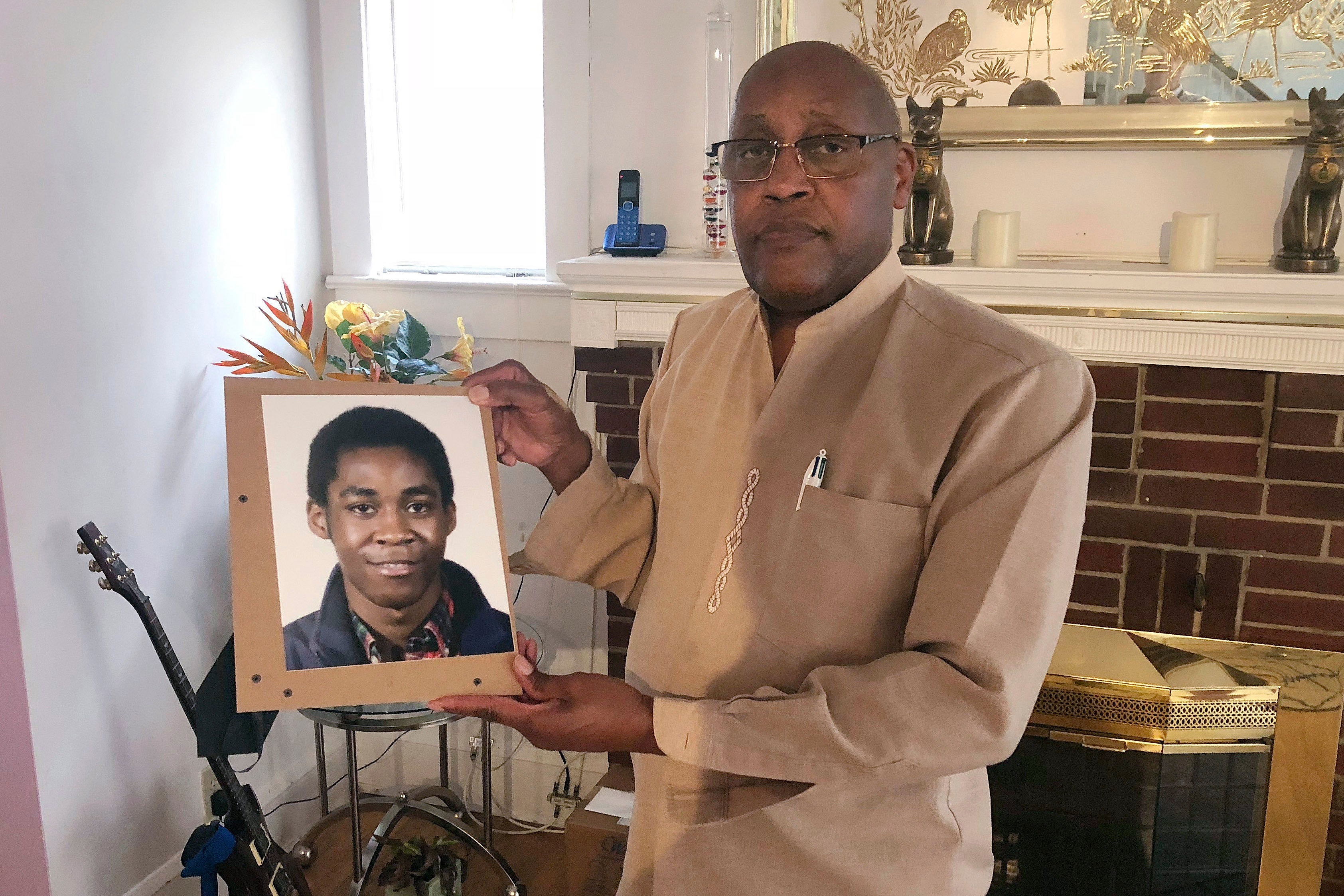Court upholds man's conviction in fire above secret tunnels
Maryland’s highest court has upheld a wealthy stock trader’s conviction on a charge of involuntary manslaughter in the fiery death of a man who was helping him dig tunnels for a nuclear bunker under a home

Your support helps us to tell the story
From reproductive rights to climate change to Big Tech, The Independent is on the ground when the story is developing. Whether it's investigating the financials of Elon Musk's pro-Trump PAC or producing our latest documentary, 'The A Word', which shines a light on the American women fighting for reproductive rights, we know how important it is to parse out the facts from the messaging.
At such a critical moment in US history, we need reporters on the ground. Your donation allows us to keep sending journalists to speak to both sides of the story.
The Independent is trusted by Americans across the entire political spectrum. And unlike many other quality news outlets, we choose not to lock Americans out of our reporting and analysis with paywalls. We believe quality journalism should be available to everyone, paid for by those who can afford it.
Your support makes all the difference.Maryland s highest court on Friday upheld a wealthy stock trader's conviction on a charge of involuntary manslaughter in the fiery death of a man who was helping him dig tunnels for a nuclear bunker under a home.
The Maryland Court of Appeals ruled that the evidence was sufficient to support Daniel Beckwitt's conviction in the September 2017 death of 21-year-old Askia Khafra. Beckwitt's failure to provide Khafra with a reasonably safe workplace in the tunnels constituted gross negligence, the appeals court said.
“Beckwitt’s conduct was likely to result in harm to Khafra at any moment and an ordinarily prudent person under similar circumstances would have been conscious of the risk to Khafra,” the court's 76-page opinion says.
Beckwitt was sentenced in 2019 to nine years in prison after a jury convicted him of second-degree “depraved heart” murder and involuntary manslaughter.
The Court of Special Appeals ruled in January 2021 that the evidence was sufficient to support the conviction for involuntary manslaughter, but a three-judge panel overturned Beckwitt's murder conviction.
The Court of Appeals said in its ruling that while his actions showed “a wanton and reckless disregard for human life,” it wasn't the kind of conduct that was likely to have caused death and therefore didn't demonstrate “an extreme indifference to the value of human life.”
Beckwitt will need to be resentenced now that the Court of Appeals has ruled. He has been imprisoned since his April 2019 conviction.
Montgomery County State’s Attorney John McCarthy said Beckwitt faces up to nine years in prison when he is resentenced. McCarthy said his office will seek that maximum sentence “to hold the defendant accountable for his blatant disregard for the life of (Khafra).”
Megan Coleman, one of Beckwitt's lawyers, said the sentencing guidelines are significantly lower for involuntary manslaughter than for a murder conviction.
“Both appellate courts have said that there was no malice in this case," Coleman said. “To us, that would warrant a lower sentence.”
Khafra was burned beyond recognition in the fire at Beckwitt’s home in Bethesda a Maryland suburb of Washington, D.C.
Firefighters found Khafra’s naked, charred body in the basement of the trash-filled house. Prosecutors said the extreme hoarding conditions in the home prevented him from escaping.
At trial, Montgomery County prosecutor Marybeth Ayres said Beckwitt sacrificed safety for secrecy and created the “death trap” conditions that prevented Khafra from escaping the house.
Defense attorney Robert Bonsib told jurors the fire was an accident, not a crime. The lawyer said Beckwitt screamed for help from neighbors after the fire broke out and risked his own safety in a failed attempt to rescue his friend.
Khafra met Beckwitt online. Beckwitt had invested money in a company Khafra was trying to launch as he helped Beckwitt dig the network of tunnels. A prosecutor described Beckwitt as a skilled computer hacker who had a paranoid fixation on a possible nuclear attack by North Korea.
Beckwitt went to elaborate lengths to keep the project a secret, prosecutors said. He tried to trick Khafra into thinking they were digging the tunnels in Virginia instead of Maryland by having him don “blackout glasses” before taking him on a long drive. Beckwitt also used internet “spoofing” to make it appear they were digging in Virginia, according to prosecutors.
Khafra worked in the tunnels for days at a time, eating and sleeping there and urinating and defecating into a bucket that Beckwitt lowered down to him. The tunnels had lights, an air circulation system and a heater.
A hole in the concrete basement floor led to a shaft that dropped down 20 feet (6 meters) into tunnels that branched out roughly 200 feet (60 meters) in length. Investigators concluded the blaze was ignited by a defective electrical outlet in the basement.
Beckwitt didn’t testify at his trial.